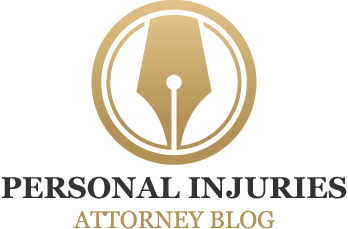If you’ve recently been injured due to a slip or trip and fall, you may be wondering whether you’re in a position to file a lawsuit. No two fall-related cases are ever quite the same. As a result, you’ll benefit from explaining your unique circumstances to a lawyer and seeking their personalized feedback.
While preparing to attend an initial legal consultation with an attorney, you may want to review some of the basics related to fall injury lawsuits. If this material sparks any questions or concerns, write them down. That way, you’ll be able to reference them easily when speaking with a lawyer about how the law might apply to your case specifically.
Premises Liability Case Basics
As an experienced slip and fall lawyer – including those who practice at MartinWren, P.C. – can explain in more personalized detail, the law generally protects the rights of fall victims to hold others accountable for contributing to the cause(s) of their harm. However, there are nuanced exceptions to this rule of thumb, which is one of the reasons why it’s so important for individual injury victims to seek personalized professional guidance before committing to filing legal action.
Most of the time, fall cases are governed by premises liability law. This is the area of civil law concerned with harm that occurs on a property owner’s “watch.” Generally speaking, fall victims are in a strong position to file legal action against a property owner if that property owner either knew or should have known of a hazardous condition on their property and refrained from taking necessary steps to mitigate the risk of harm to certain guests, visitors, and even trespassers under certain circumstances.
When filing a premises liability case, a plaintiff (injury victim) is primarily concerned with proving that any defendant (property owner) named in their lawsuit:
- Knew or should have known about a hazardous condition on their property
- Failed to take steps to mitigate the risk of harm arising from that hazardous condition
- And that the property owner’s failure caused the plaintiff’s harm.
Other Legal Standards for Outlier Fall Cases
By contrast, different legal standards may apply in fall scenarios that are less common. For example, someone might trip in their own home due to some defective good or product, such as defective flooring. This scenario would be governed by products law. Some products law cases require an injury victim to prove that the manufacturer was negligent in their practices, while others – tried under a strict liability theory of law – only require an injury victim to prove that their harm was caused by the defective product in question.
Additionally, many fall-related lawsuits are filed in nursing home and medical settings by patients and employees alike. These cases may be filed as general personal injury lawsuits in which negligence, recklessness, or intentional harm must be established. They may also, under certain circumstances, be filed as medical malpractice lawsuits in which a failure to provide an appropriate standard of patient care must be established.
